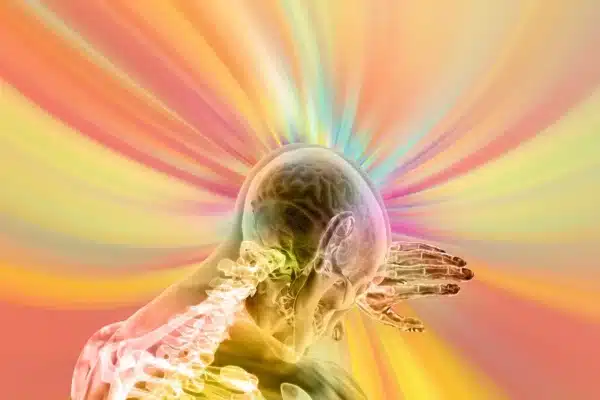
Stroke
Definition
A stroke happens when there is a block in the arterial bloodstream that nourishes the brain. It also refers to the bleeding that happens in the brain itself or its surrounding membranes.
There are two types of stroke: ischemic and hemorrhagic. Most stroke attacks are ischemic.
Prevention
Did you know that 80% of strokes could be prevented by monitoring the risk factors? The best measures to prevent strokes are:
- Managing the arterial tension by keeping it as high as 135 and as low as 85.
- Carrying out a healthy lifestyle. Exercising regularly and following a diet low in
salt, sugars, and fats.
- Avoiding tobacco consumption and reducing stress as much as possible.
- Reducing alcohol consumption.
- Staying alert to pulse irregularities.
Symptoms
- Drowsiness, numbness, tingling, or weakness on half of the face.
- Confusion, difficulty speaking or understanding others’ speech.
- Vision difficulties in one or both eyes.
- A walking impairment, dizziness, loss of balance or coordination.
- Severe headache without a known cause.
The brain controls everything we do, such as speaking, walking, and breathing. If a localized area of the brain does not receive the necessary oxygen due to a stroke, that part of the body could become affected. Strokes can cause problems with movement, sight, vision, speech, etc.
Risk Factors
Some of the risk factors for stroke cannot be modified with medical treatment or through lifestyle changes:
- Age: studies show that the risk of having a stroke between ages 55 and 85 doubles each decade.
- Sex: men have a higher risk factor for stroke, but women die from it as well.
- Race: certain ethnic groups have a higher risk. The rate is greater in African.
Americans and in Hispanic Americans, as compared to Caucasians.
Family background: family members can have a genetic tendency toward the risk factors, especially if there are cases of high arterial pressure (hypertension) or diabetes.
Treatment
Stroke treatment should begin as soon as possible. In this case, the time lost is equal to the parts of the brain lost. The National Stroke Association estimates that the brain suffers from a regression of four years every hour after a stroke.
Immediate medical assistance in specialized units is required, where screenings are done to quickly detect what caused it and thus be able to start the right treatment.
